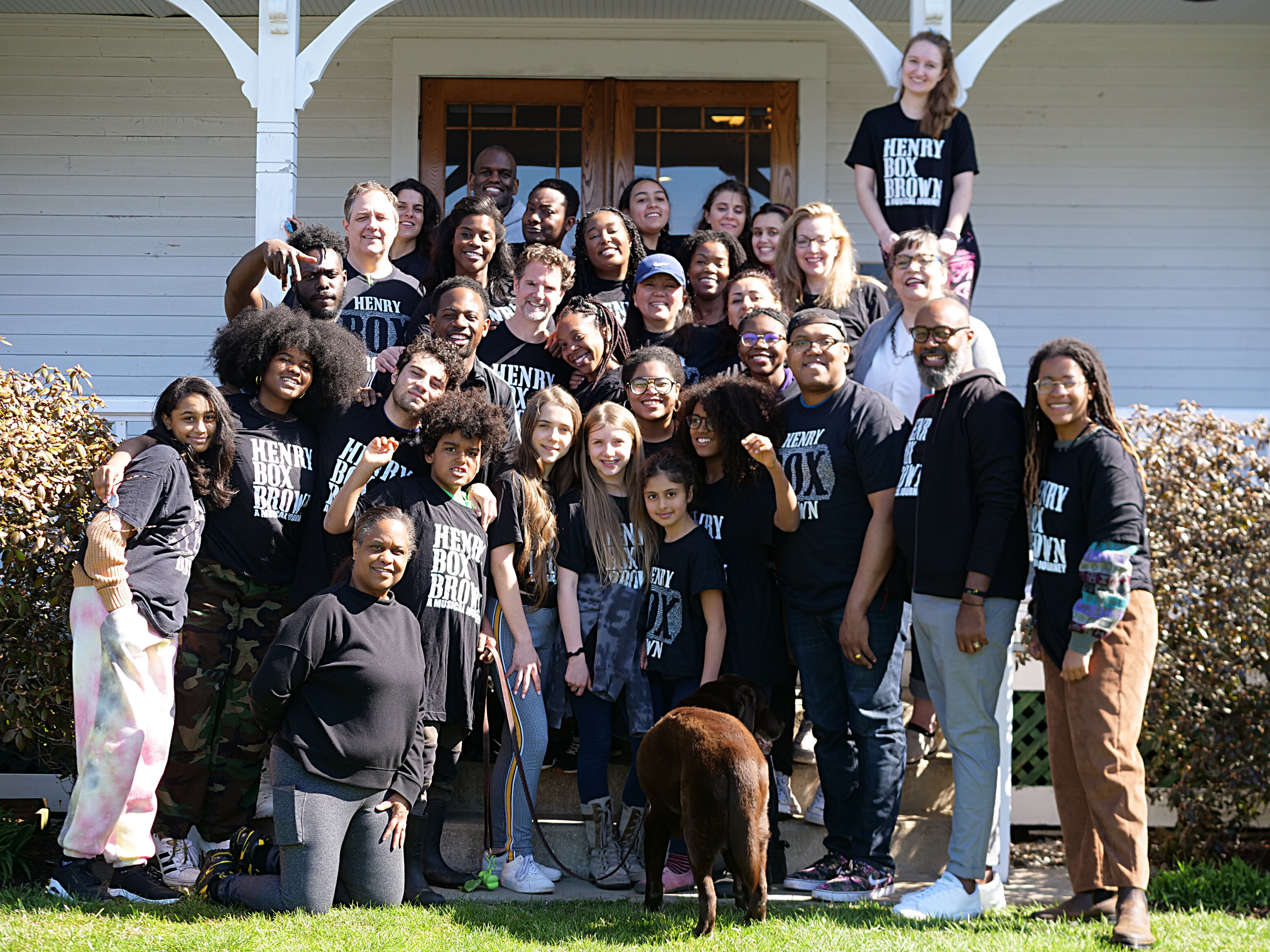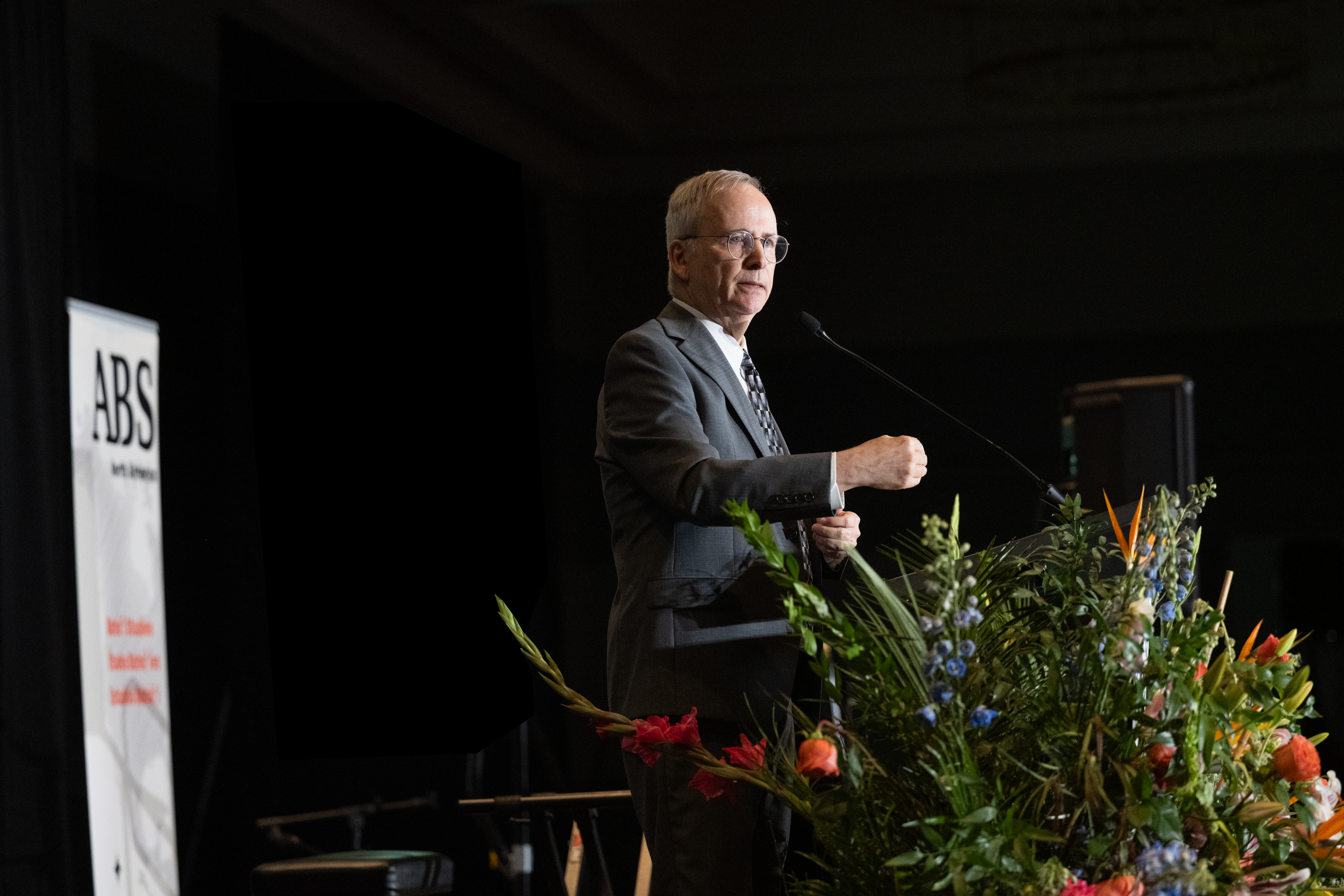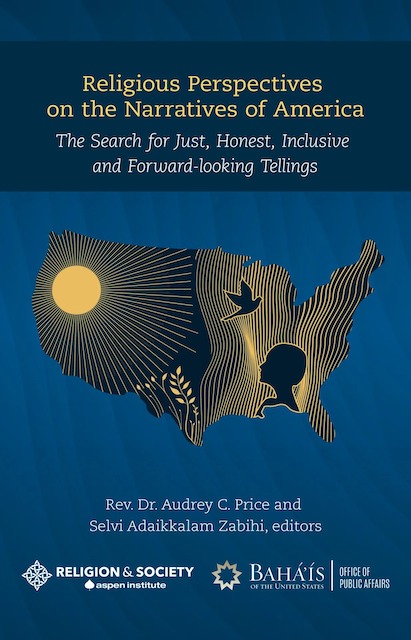
Baha’i group at Intel contributes to faith-friendly workplace
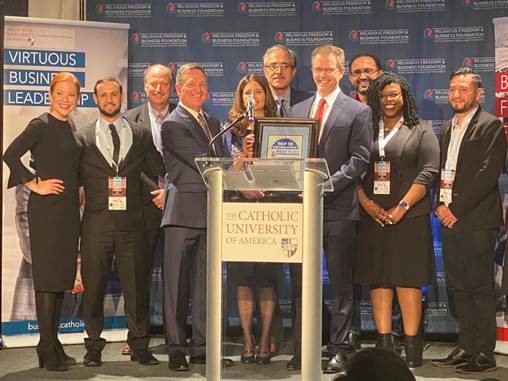
By Lindsey Lugsch-Tehle
Two years ago the Baha’i Employee Resource Group (ERG) at Intel Corporation was exploring ways to establish its voice as a contributor to meaningful conversations within Intel, the world’s largest semiconductor chip manufacturer. Since that time much has transpired.
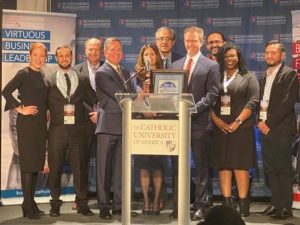
Intel’s Cross Faith and Beliefs ERG Alliance formed in November 2019, consisting of seven ERG groups: Atheist/Agnostic, Baha’i, Christian, Hindu, Jewish, Muslim, and Sikh. This Alliance spearheads various belief-based activities including interfaith devotionals, an MLK Day commemoration and the National Day of Prayer program at Intel.
May Mowzoon, a Baha’i in Chandler, Arizona, and organizer of the Baha’i ERG, sees the contributions of the Alliance as noteworthy. “The Alliance brings many voices to the table; we explore ways in which to highlight each other’s belief systems for the entire company,” Mowzoon says. As a Baha’i, who recognizes fundamental truths in many religions, she says, “I have something to gain from learning from everyone.”

Mowzoon’s openness to learning from and alongside others has positioned her and the Baha’i ERG to contribute to the Alliance and Intel in significant ways. The Alliance is seen as a “safe place to ask questions and learn from each other,” she says, adding that its presence “helps support inclusion and diversity at our workplace.” Mowzoon says that Intel’s new CEO, Patrick Gelsinger, wrote that the Alliance is a valuable asset to the company, highlighting that within Intel “diversity now includes religious diversity.”
Mowzoon sees the ERG and the Alliance as resources for the company. “Intel is better positioned to be able to understand the cultures and customs of its clients and its employees,” she says.
According to Mowzoon, many people in the corporate world feel uncomfortable bringing their full selves into the workplace. She says the Baha’i ERG’s most meaningful contribution is encouraging others, including some Baha’is, to feel more comfortable expressing their beliefs at work. She says that some have shared with her that they see how open she is in her faith and that they feel inclined to practice their own as a result.
The Baha’i ERG has a total of 20 members and 64 people who have interacted with their group to find out about their activities, beliefs, and practices. When people attend devotionals or other programs, Mowzoon says, “some listen with curiosity and move on while others ask for a prayer session together knowing we both are religious and it’s OK for them to pray the way they want when we meet.”
Mowzoon is a part of a taskforce of the Alliance that put together an Interfaith Panel for the entire company in June. She was tasked with creating questions for panelists, like:
- How does your belief shape the way you approach truth and transparency at Intel?
- What does your belief say about excellence in your efforts?
- How does your belief affect how you treat others at work?
Using a scale called the Corporate Religious Equity, Diversity and Inclusion (REDI) Index, the Religious Freedom and Business Foundation named Intel, along with Texas Instruments, as the most faith-and-belief friendly corporate workplaces among the 200 largest companies in America.
Mowzoon says, “this is exciting because after the announcement the Baha’is were actually asked to participate in revamping the criteria REDI uses to make such decisions.”
Mowzoon hopes to see other companies follow Intel’s lead, and she urges other Baha’is to look into forming Baha’i groups within their workplace. “So many companies are open to religious groups, she says and offers her support.
If you would like more information about how to form a religious group within your company, you can reach out to Mowzoon via email.


